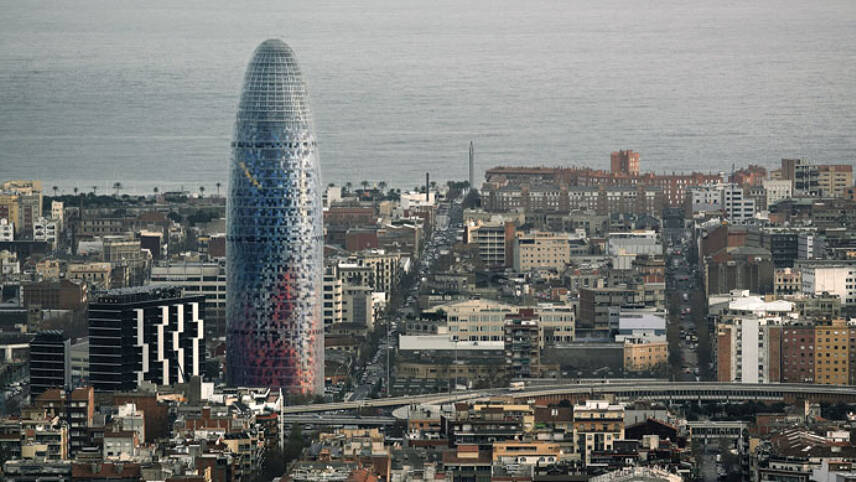Member only content free until 26/05/2024
To continue reading this article and enjoying free access to all Utility Week’s content up to the 26/05/2024 Register today!
Ready to become a member?

As the CMA inquiry into Bristol Water’s final determination rumbles into motion Nigel Hawkins finds meagre promise of a happy outcome for the water company.
Bristol Water’s appeal to the Competition and Markets Authority (CMA) over its periodic review determination is building up into a real tussle.
Indeed, Bristol’s dispute with Ofwat is the most serious utility price-related issue since British Gas’ Transco joined battle with Ofgas in the 1990s over its permitted rate of return.
In its final determination, Ofwat allowed for total costs of £409 million over the five-year period, compared with Bristol’s application for £541 million. Ofwat’s figures would have brought down water charges for Bristol’s 1.2 million customer base to an average £152 per year in 2019/20. Bristol’s own numbers project comparative bills of £188.
Normally, the gaps to be bridged by utilities seeking the intervention of the final court of appeal – now the CMA – are relatively modest. But, in Bristol’s case, it is vast – and partly related to its previous appeal in 2009/10 to the CMA’s predecessor, from which it received some benefits.
This time round the stakes are higher, as Bristol’s key shareholders, Canada’s Capstone and Spain’s Agbar, accept. The latter’s representative, chief executive, Luis Garcia, exudes confidence, which may be somewhat misplaced. He believes that a ‘review by the CMA will result in a better outcome’. He recognises, too, a discrepancy in calculations – some would argue it is more than a mere discrepancy.
Recently, Bristol announced a series of restructuring moves that will cut costs but nothing that will deliver £132 million of savings over five years.
Ofwat must be frustrated by Bristol’s lone stand. Ofwat officials will feel that they have bent over backwards to little avail.
They will note, too, that the other 18 water companies have all accepted their final determinations.
Most significantly, perhaps, United Utilities had a massive gap in its sewerage figures to close; Ofwat’s assumptions at the draft determination stage were far lower. United Utilities responded positively whilst Bristol did not. And in January, United Utilities felt able to accept Ofwat’s final determination.
At the heart of its dispute with Ofwat is its capital expenditure, part of which has been disallowed. In particular, its investment proposals at the Cheddar reservoir site have failed to pass muster with Ofwat.
Furthermore, based on its extensive comparative operating cost analysis, Ofwat believes Bristol’s cost base is excessive; the latter will be hard-pressed to overturn this view.
The CMA may take up to six months in ruling on Bristol’s case.
In the meantime, two events could intrude into the CMA’s deliberations.
First, Bristol’s shareholders may change tack, especially Capstone, which – possibly under new and less uncompromising management – could decide to settle before the CMA’s final verdict is delivered; a similar scenario finally broke the Transco deadlock.
Secondly, if interest rates change and markedly impact the Weighted Average Cost of Capital (WACC) before the CMA’s ruling is delivered, things could get very messy – as the WPD electricity distribution review demonstrated.
But the odds remain heavily in favour of Ofwat, which will surely emphasise the acceptance of its methodology by every other regulated water company.
Please login or Register to leave a comment.